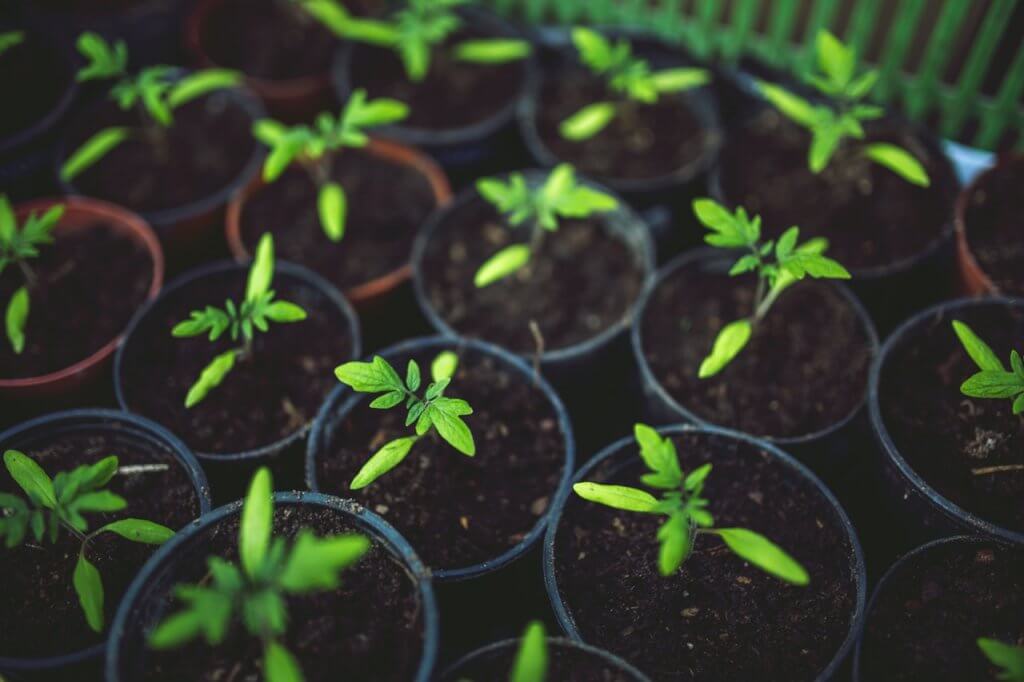The future of farming is climate-smart, integrates both mitigation and adaption measures
21 Feb 2018
“The Future of Farming” is a Massive Open Online Course (MOOC) on climate-smart agriculture (CSA) developed by the University of Reading and Future Learn that’s running from 5 March for a new cohort of students. Here, we interview Matthieu H. Arnoult, CSA Booster, University of Reading, about the role education can play in empowering the agricultural industry to adopt climate change mitigation and adaption efforts.
What’s the problem you’re hoping to address via this course? “The course aims to raise awareness of the dual threats towards agriculture and the global environment. Climate change is indeed a threat to farming for instance through rising temperatures, increase in extreme weather events frequency and intensity, increased pest pressure, etc., while agriculture exacerbates the pressure on the environment in general through pollution, and on climate change in particular through greenhouse gas emissions. These complex interactions between agriculture and the climate are the reason why farmers need not only to adapt to changing circumstances, but also to mitigate their emissions; climate-smart agriculture practices address these concerns while ensuring at the same time financial sustainability.”
How does the course train students to turn this problem into an opportunity? “Through two case studies (dairy farming and wine production), the course presents how climate-smart practices can help farmers mitigate their impact on climate change (dairy) or adapt to changing circumstances (wine). The course is not intended to a specific audience, but is on the contrary open to anyone with an interest in the environment, farming or climate change. In that respect, no scientific or technical prerequisites are needed.”
What are some other problem spaces in the agricultural industry? “From a UK perspective, the main problem for the years to come will be Brexit and subsequent impact on farming income support, agricultural trade, labour shortages, and changes in environmental regulations. The uncertainties linked to these changes will be compounded by those already affecting the sector, such as climate change or decreasing markets prices as imposed by the processors in the case of dairy farming for instance.”
What does the course explore? “The course explores broad concepts relating to the science of climate change, and how it affects farming and food systems, including food security. The role of value chains and of consumers is also addressed, before turning our attention to climate smart agriculture and how different practices can help farmers mitigate their emissions (dairy farming), or adapt to more challenging environmental conditions (wine production). In the case of dairy farming, concepts of cow husbandry and physiology are discussed, along with on-farm energy production and energy use. Regarding wine production, soil management, fertiliser and pesticide use are covered, along with the phenology of the vine.” 
What does it hope to accomplish? “The course hopes to reach as wide an audience as possible, from a range of different countries and backgrounds, and to initiate a broader discussion on the need for sustainable farming practices that address both adaptation and mitigation.”
How might this course accelerate innovation? “Through the examples of case studies, the use of concrete example of technological innovations and farming practices, this course aims to foster a spirit of active engagement in the fight against climate change, by showcasing a variety of effective tools and techniques, and referencing a range of resources and materials to that effect. Opening a dialogue among learners as well as between learners and instructors will also contribute to achieving greater uptake of climate-smart agriculture practices, and, ultimately, innovation.”
What is Reading University’s goals with regards to climate action? “As part of its environmental research, The University of Reading’s primary aim is to better understand and address the challenges of environmental change. The University brings together research strengths across weather, climate, ecology, evolution, built environment, remote sensing, space, chemistry, soils, hydrology, maths, data assimilation and statistics. There are strong links with the University’s other four research themes, helping to explore interactions of environment, food, human-health and society. To meet these challenges the University engages with the very best, nationally and internationally. That includes researchers, and with those that exert great influence on the use of environment-related research, whether governments, industry, third-sector or individuals; so that working with us offers new opportunities to better achieve their objectives, helping to translate our research into adoptable and adopted solutions. Current research highlights:
- Weather and crops: A system for estimating rainfall is directly benefiting the lives of 250 million people across Africa. Tropical Application of Meteorology using Satellite data and ground-based observations (TAMSAT) provides early warning of potential food shortage crises by integrating data sources to better identify weather patterns likely to result in low crop yields.
- Fitness to survive: Evolutionary biologists have discovered how vastly different species can co-exist on Earth. Regardless of their size, all organisms—from blue whales to bacteria—transmit roughly equal amounts of energy to the next generation.
More details here.”
What’s your climate action message to the world? “Climate change is relentless and will affect farming systems and communities across the world. Yet, farmers have the capacity not only to adapt to the challenging transformation of their environment, but also to adopt farming practices that will mitigate their emissions and thus alleviate the effects of climate change. Farmers have always been adapting and adopting new techniques, and there is therefore no reason to believe that they will do otherwise in this instance: we have every reason to be optimistic.” Register for The Future of Farming now. Learn more via this video:
Matthieu H. Arnoult works on Climate Change and Sustainable Farming at the UK’s University of Reading. He is Project Lead for EIT Climate-KIC funded MOOC ‘The Future of Farming: Exploring Climate Smart Agriculture ‘.
Related Goal
Goal 4: Make agriculture climate-smart


